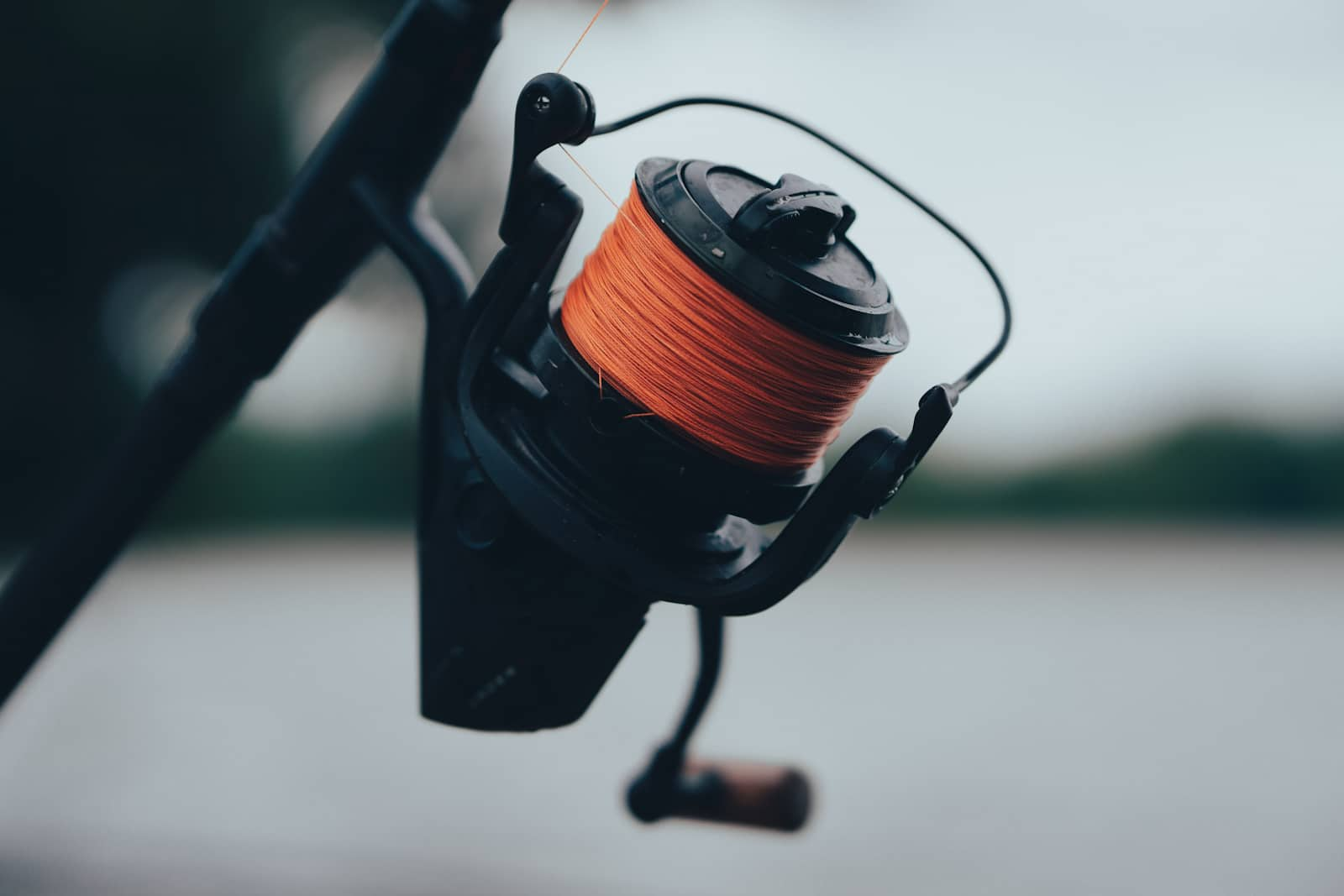
Monofilament (Fishing Line) Recycling Program
Contact Bill, Vice Chair at vicechair@southjersey.surfrider.org
What is Monofilament?
Monofilament line, or fishing line, is very harmful to the environment. It takes 500 years to biodegrade, and frequently entangles birds and other ocean and bay dwellers. Plastic breaks down into microplastics. Whether it’s a whole plastic item, fragments or microplastics, plastic items get mistaken for food by marine and avian species. It also gets ingested by both large and small species that filter water for food (from baleen whales to filter-feeding mollusks such as bivalves), by birds that skim the water, engulf, or scoop up fish. Through any of these routes, it is lethal to wildlife and enters the food web (biomagnification).
%20Monofilament%20Fishing%20Line%20Recycling%20Bin.jpg)
Monofilament Recycling Program
Surfrider Foundation South Jersey’s Monofilament (Fishing Line) Recycling Program operates with the support and partnership of TackleDirect. Surfrider Foundation South Jersey volunteers build monofilament recycling receptacles to be installed at popular fishing locations and launching ramps, where fishermen can discard their unwanted monofilament line. The receptacles look like the one in the photo(s) with educational signs asking fishermen to protect our waterways by responsibly recycling their unwanted monofilament line.
Discarded monofilament lines can present serious environmental problems.
%20IMG_5933%20Emptying%20Monofilament%20Recycling%20Bins.jpg)
%20IMG_5932%20Emptying%20Monofilament%20Recycling%20Bins%20Copy.jpg)
Join Today!
Surfrider Foundation South Jersey volunteers maintain and empty the containers regularly. The used line is sent to a facility where it will be recycled. If you are interested in volunteering for this project to empty or install the bins or are interested in obtaining a monofilament recycling receptacle for your local fishing spot or marina, please contact Surfrider Foundation South Jersey’s Vice Chair, Bill at vicechair@southjersey.surfrider.org.
Article: Supporting Line Recycling - TackleDirect
All current locations can be seen on the map below.
